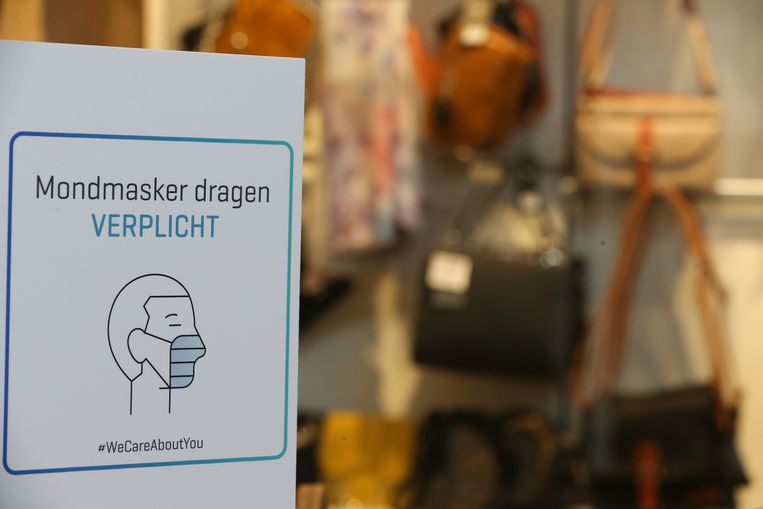Despite the high vaccination rollout in Belgium, certain measures including wearing facemasks and social distancing will still be needed during autumn and winter this year, according to the latest report from the GEMS expert group.
The group's latest advice, which aimed to draw a picture of the epidemiological situation during the last months of 2021 and what the remaining measures should be, warned that there are still many uncertainties with regards to how the pandemic will evolve in the coming months.
"There is still uncertainty on the dimensions of the ‘residual risk’, especially with the planned gradual reduction of non-pharmaceutical interventions (NPIs). Flexibility and caution are still a must to safeguard public health during this pandemic," the GEMS report stated.
"At least a basic set of NPIs, including wearing facemasks indoors, promoting outdoor activities, strengthened ventilation, should be maintained over the next months to come," the report read.
Related News
- 70% of entire Flemish population is fully vaccinated
- Covid-19: Patients in hospital now number almost 500
- WHO continues search for origin of COVID-19
The experts see the coming months as a 'transition period' between acute crisis management and the return to normal life, during which two priorities should be kept in mind: the hospitals must no longer be flooded and the schools must remain open.
The advice also focuses on places where large groups of vaccinated and not vaccinated people may come together in indoor settings, including bars, restaurants and workplaces.
What measures, and when?
The GEMS experts highlighted the importance of using different alarm levels with distinct thresholds, which include guidelines for when what measures need to be taken or can be relaxed to both avoid large resurgence and increase people's motivation to adhere to the measures.
Even in the lowest alert level - Alarm Level 1, when there are fewer than 30 hospitalisations per day - the mouth mask obligation in higher education and at work remains, as well as for those who are not seated in bars, restaurants or at events without a Covid Safe Ticket requirement.
If the number of coronavirus infections and hospitalisations increase, Belgium will switch to a higher alert level, which experts say should include stricter rules, including mask-wearing and regular testing in secondary schools and reduced capacities at work.
If alert level 4 has to be implemented, which will be the case if there are between 95 and 150 new hospitalisations per day, secondary schools will return to 50% distanced learning.
Meanwhile, the experts have advised that alarm levels 1 and 2 will require a local crisis approach, whilst the response to the crisis when it is at higher levels will depend on provincial and national authorities.
New normal?
The report also looked into what the 'new normal' could be, taking into account the remaining risks despite high vaccination coverage, but added that due to the ‘remaining risk’, this remains unclear.
To sketch what this path could look like, it referred to a joint study, conducted by the Dutch Scientific Council for Government Policy (WRR) and the Royal Netherlands Academy of Arts and Sciences (KNAW), which concluded that the COVID-19 crisis "is not yet over and that there is uncertainty about its further course."
It considered five possible scenarios of a return to normality that have been further divided based on four driving forces: immunity, vaccination, mutation and animal reservoirs, and range from the optimistic 'back to normal' to 'externally driven risk' and 'worst-case scenario', taking into account new variants.
However, "scenarios are not about 'predicting', but about sketching plausible futures to broaden strategic thinking," the experts stressed.
In conclusion, the experts advised the government to "prepare for all possible developments".on to adhere to the measures.

